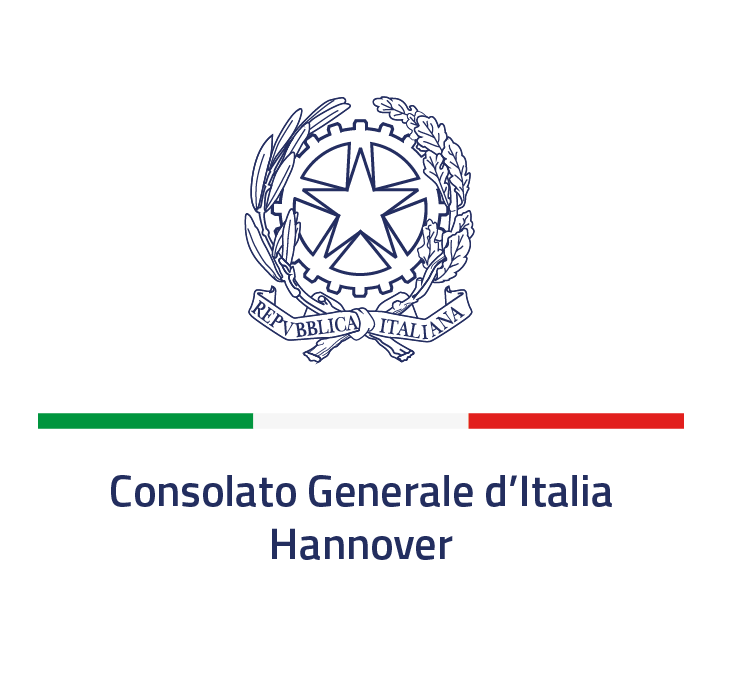On the occasion of the 80th anniversary of the liberation of the Auschwitz concentration camp, the “Gran Duo Italiano” (violin and piano) will be paying homage to the Jewish-Italian composer Guido Alberto Fano on the 150th anniversary of his birth. The program is entitled “Un gran violino a cinque corde per il suono della memoria” (“A five-stringed violin for the sound of memory”). This special instrument, built in Montegiordano, Italy, will be played in the concert by violinist Mauro Tortorelli. Together with pianist Angela Meluso, he will play works by Italian composers of Jewish origin who fell victim to the Holocaust or survived it. In addition to the names of Guido Alberto Fano and
The concert takes place in cooperation with the Italian Consulate General and the German-Italian Cultural Society Hannover e.V. (DIK).
The portrait exhibition “KZ Überlebt” by Stefan Hanke is thematically linked to the concert and can be visited one hour before and during the event.
Free admission. The event is fully booked.
Please note that we will be taking photos and videos during this event. The image material will be published on our website and/or social media channels and used for press work. By participating, visitors to this event agree to this.
In cooperation with


